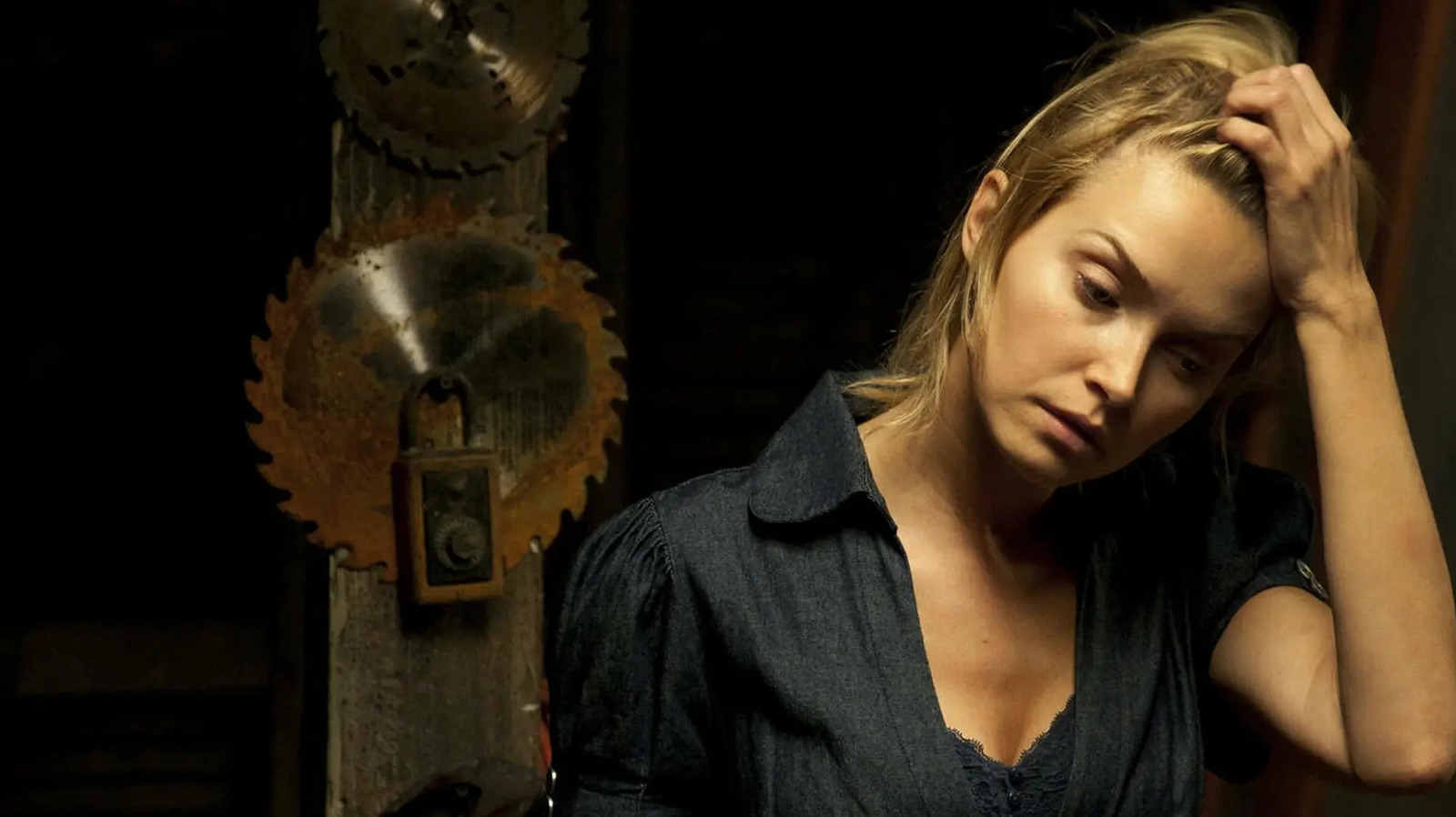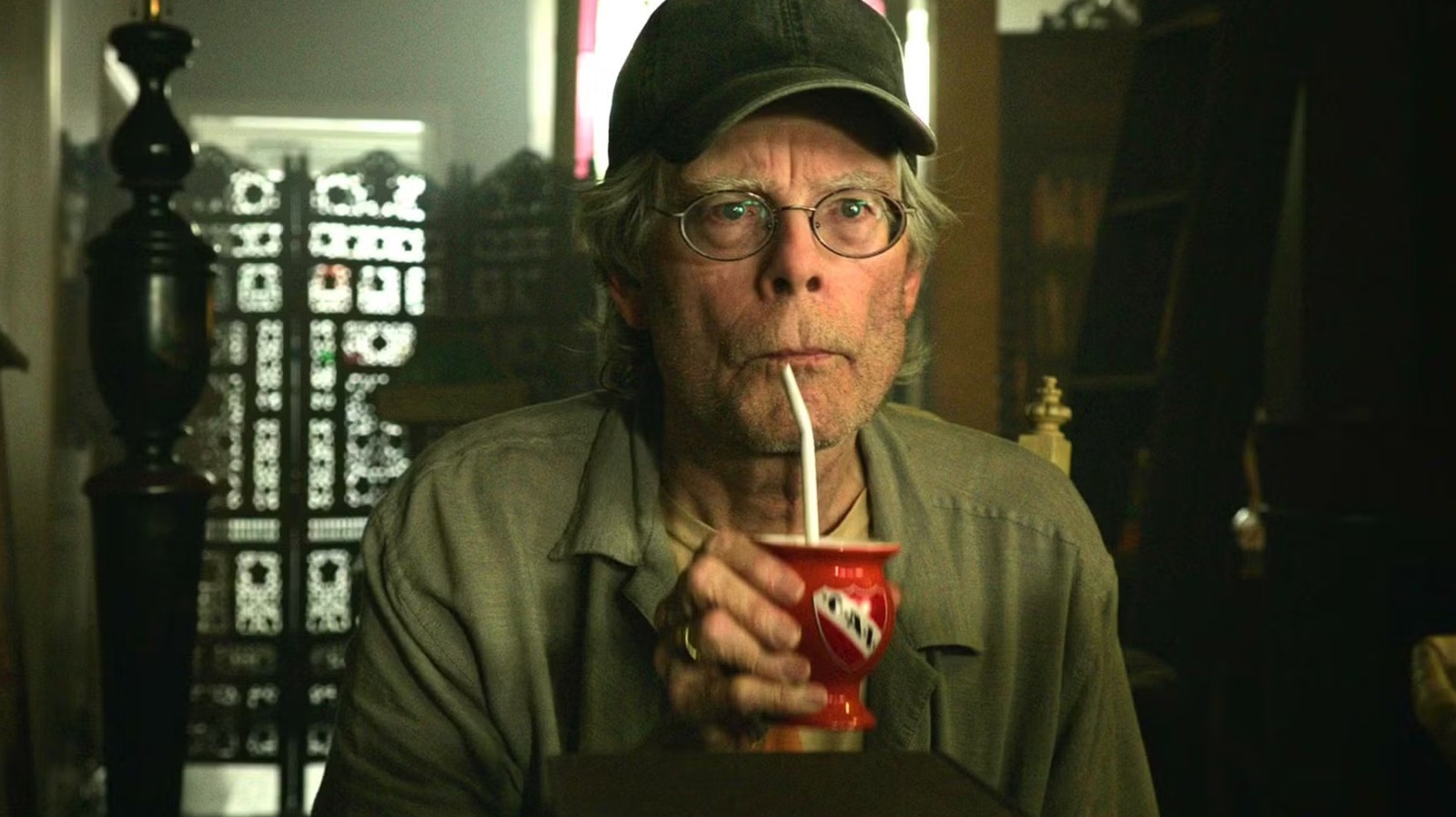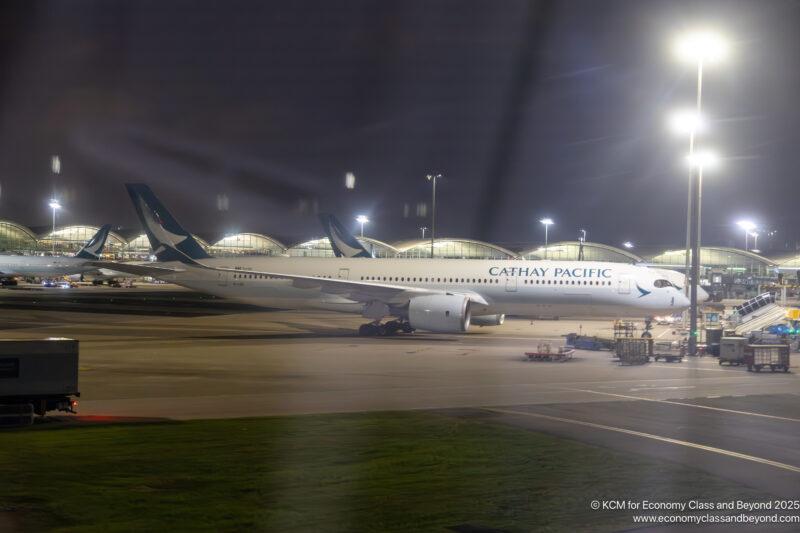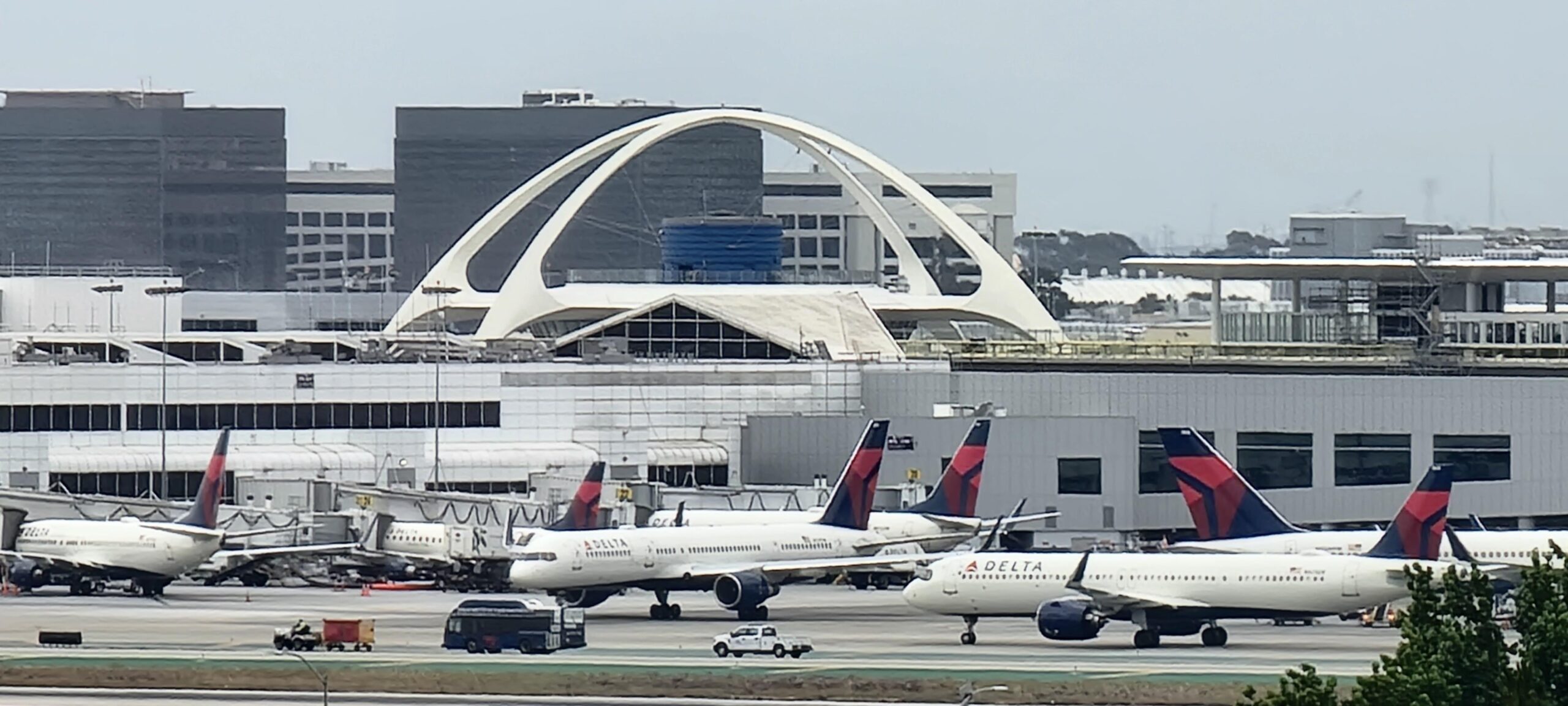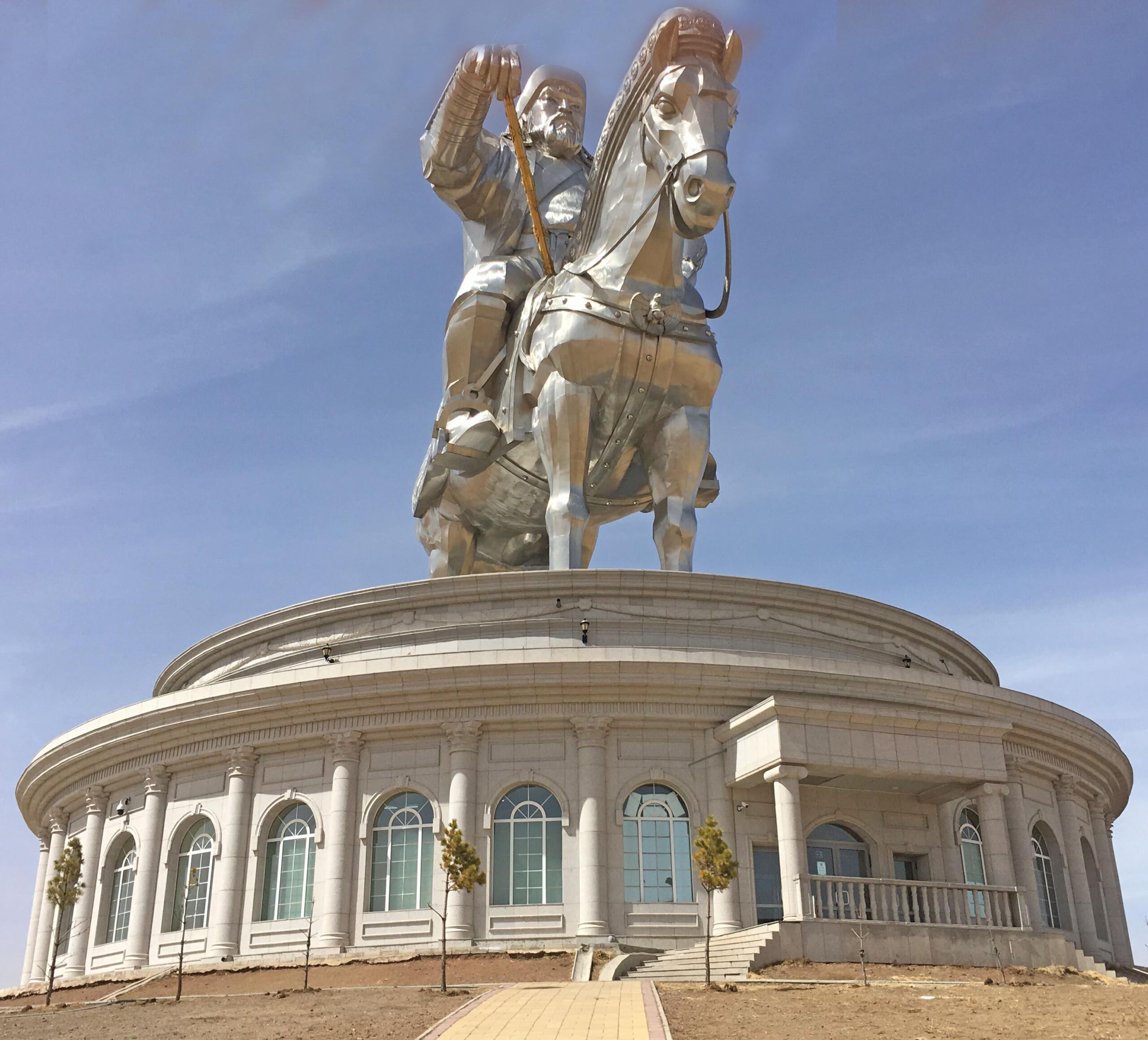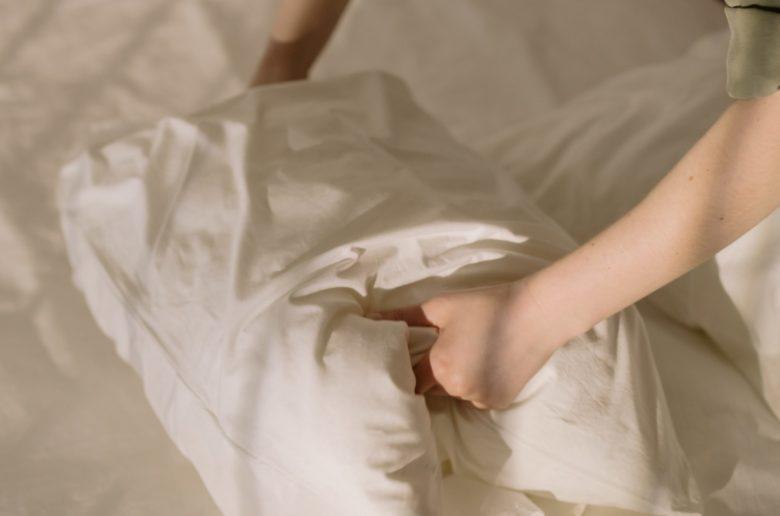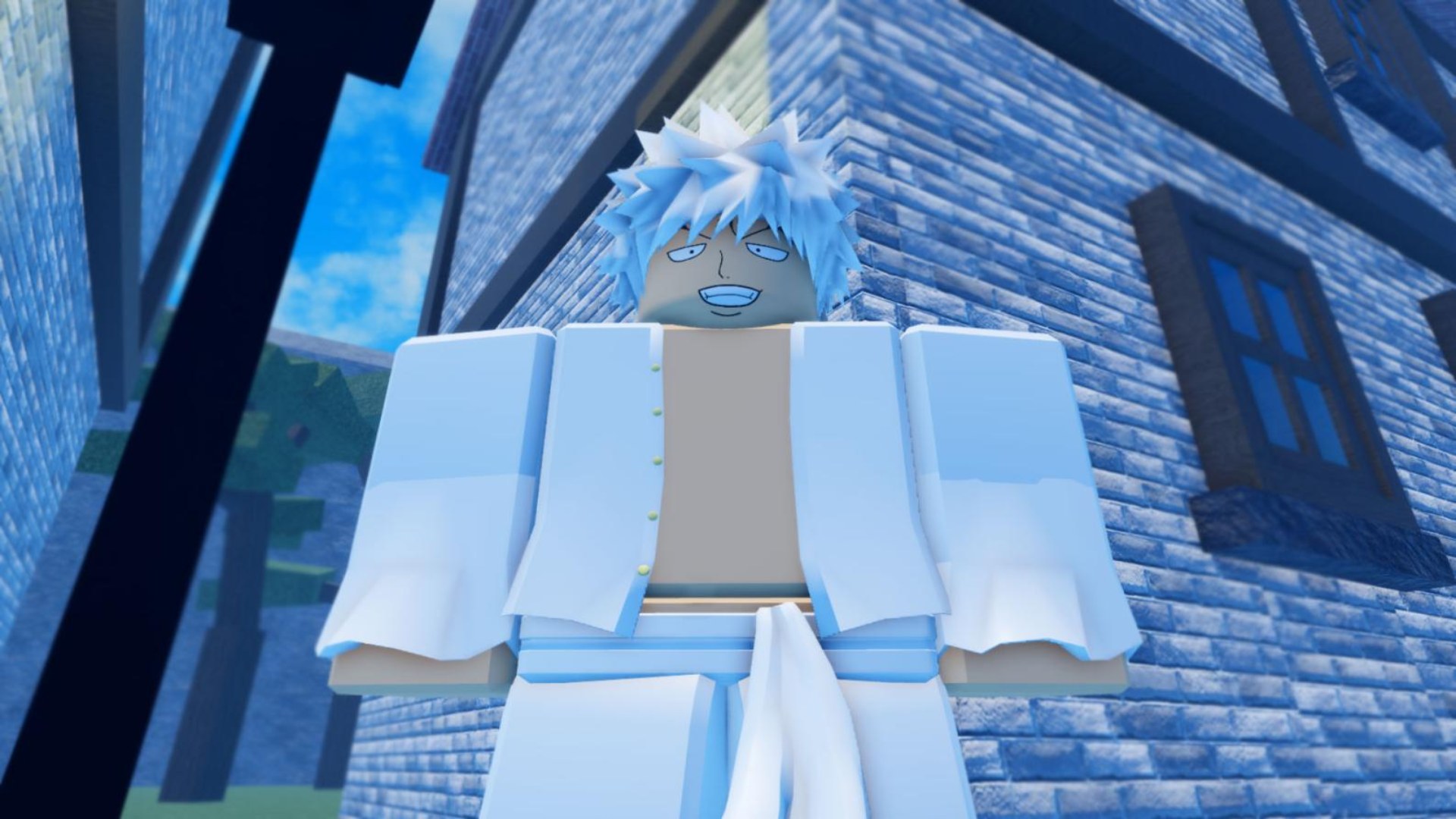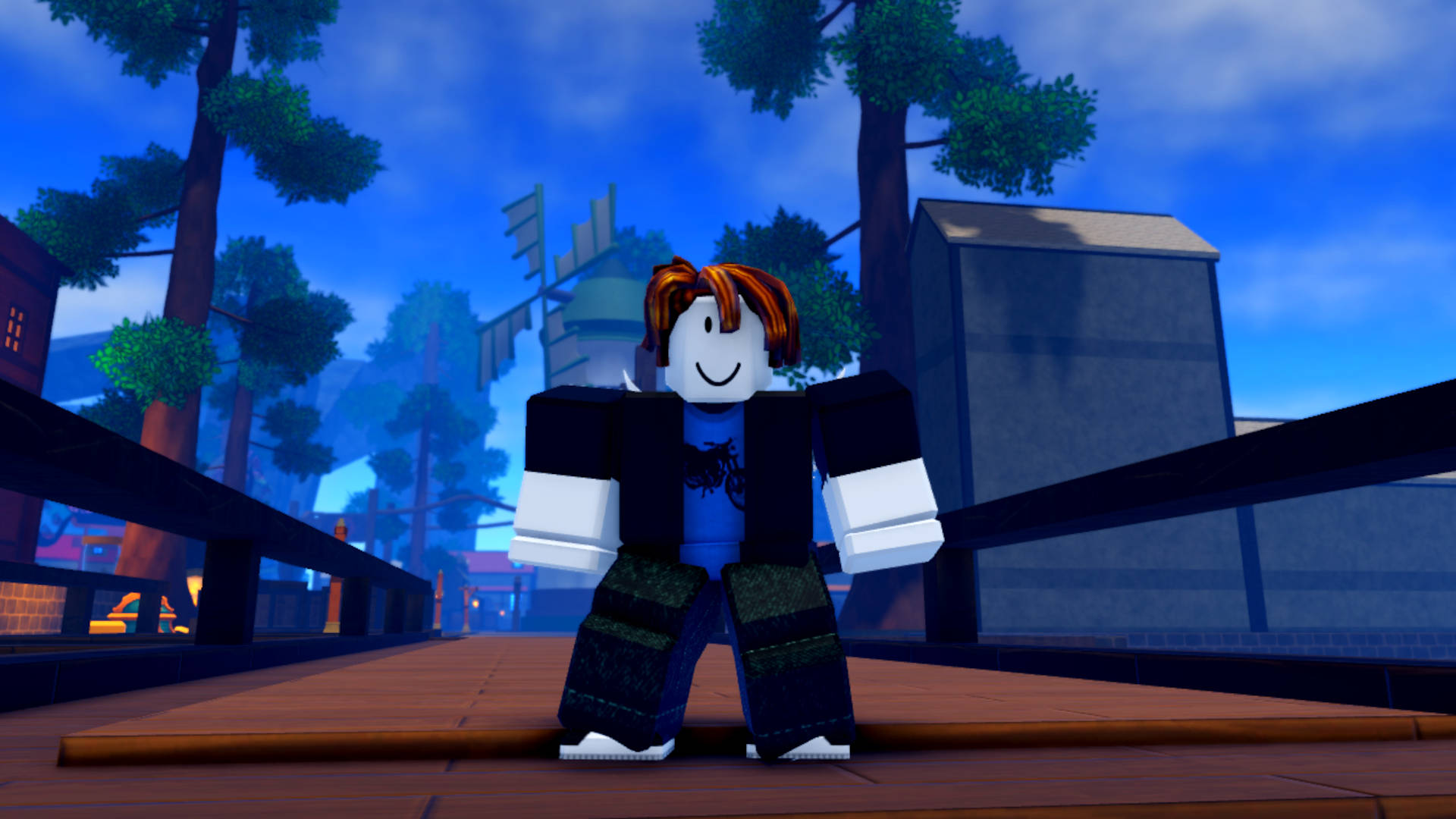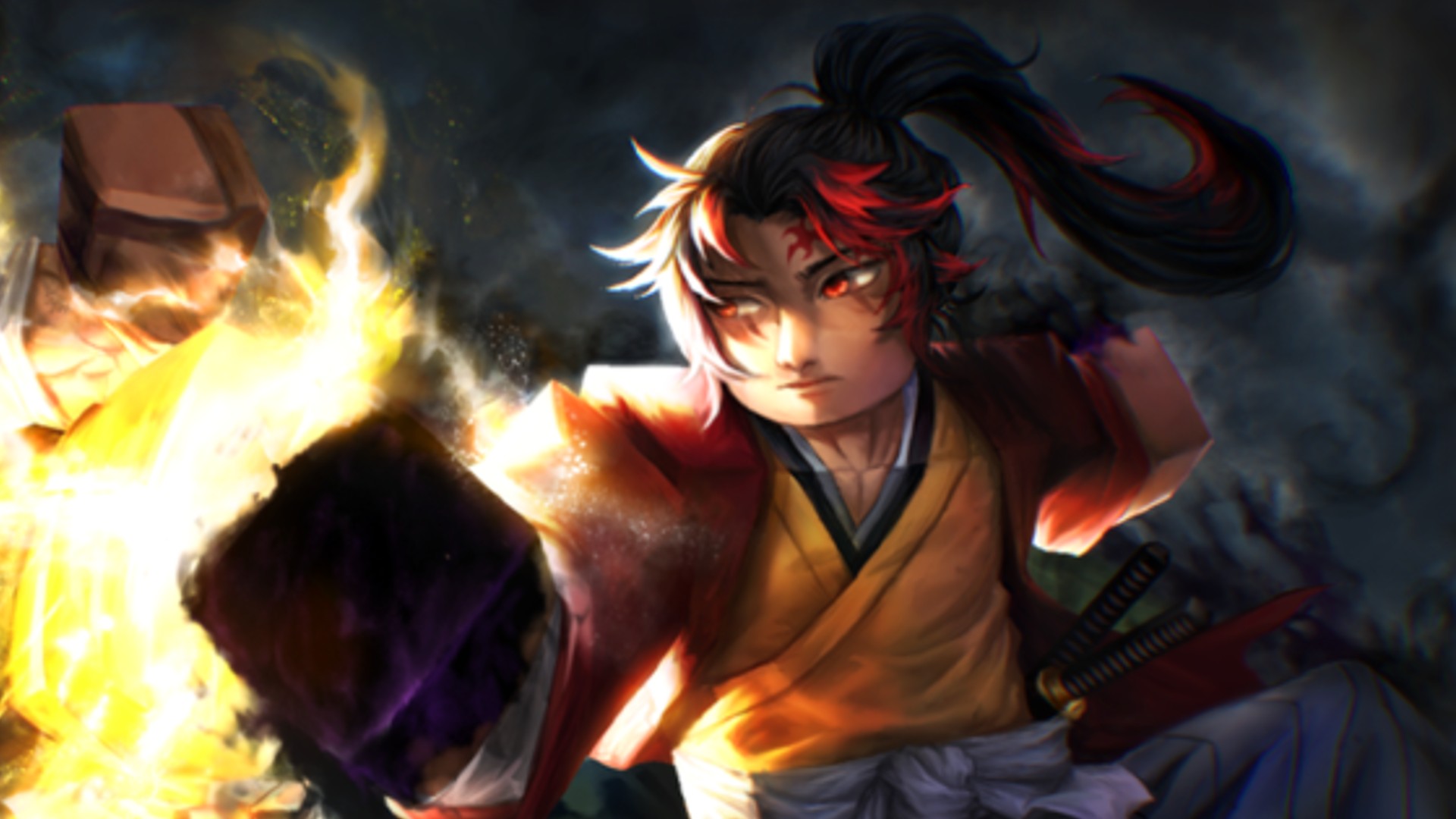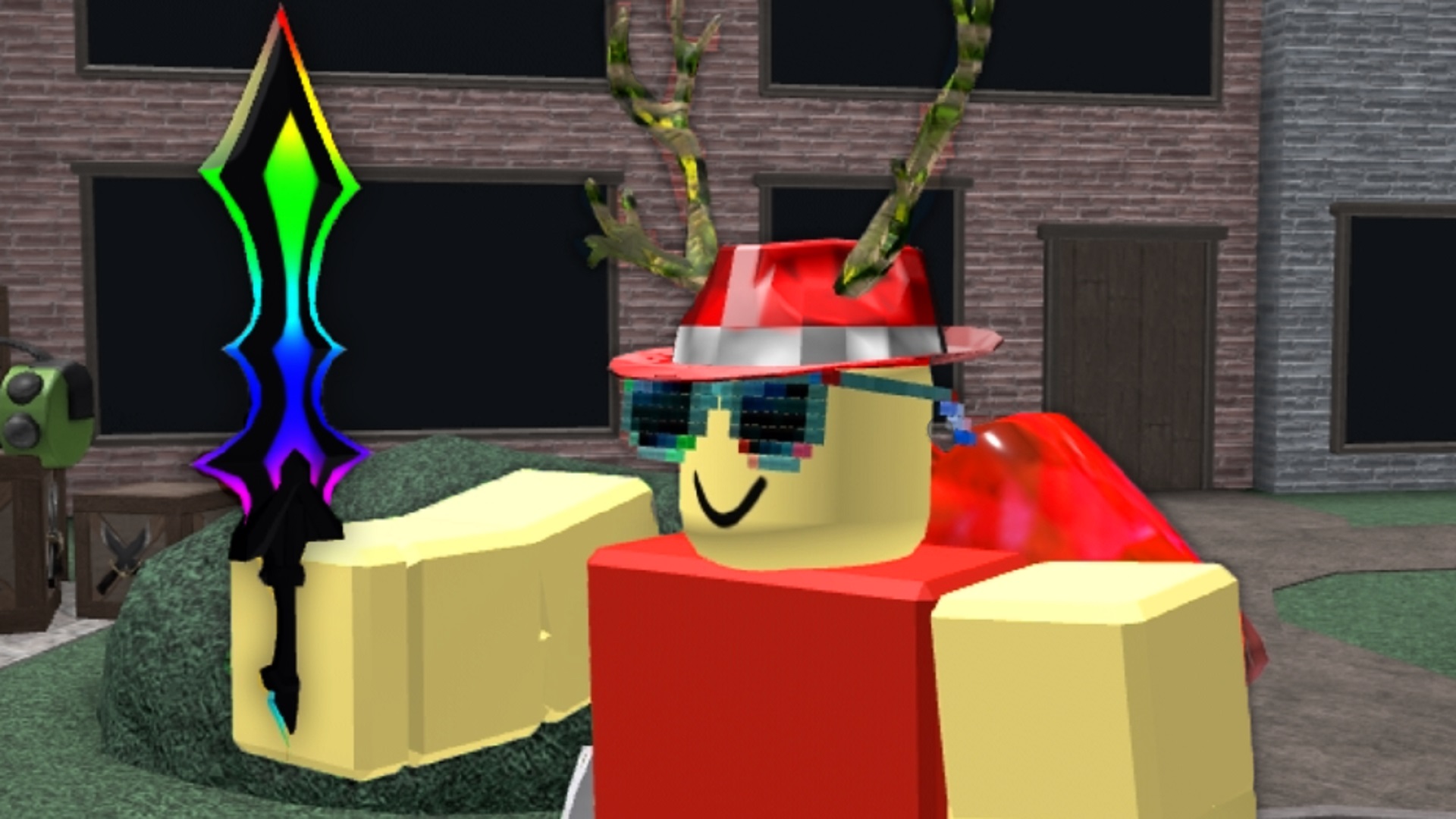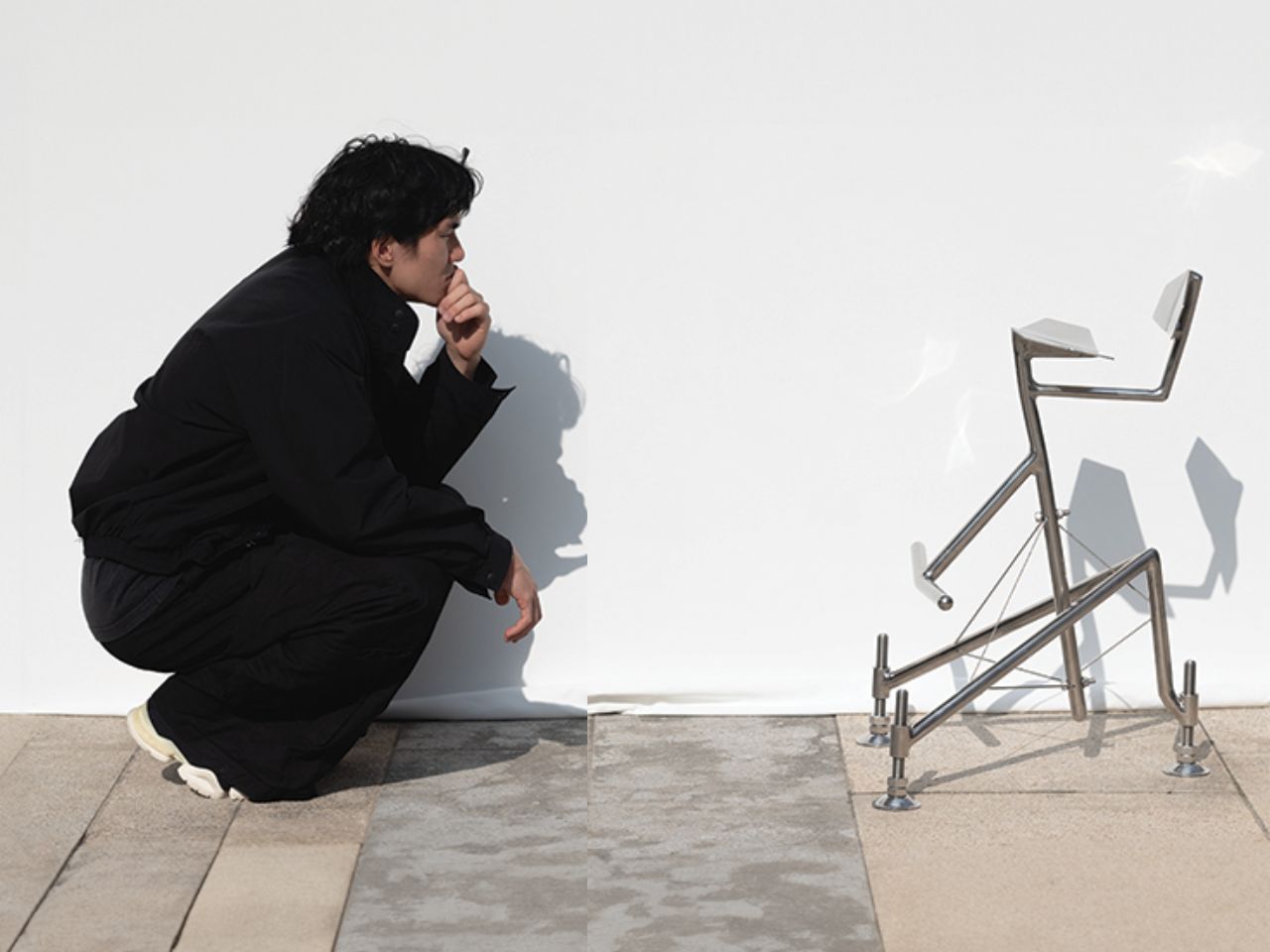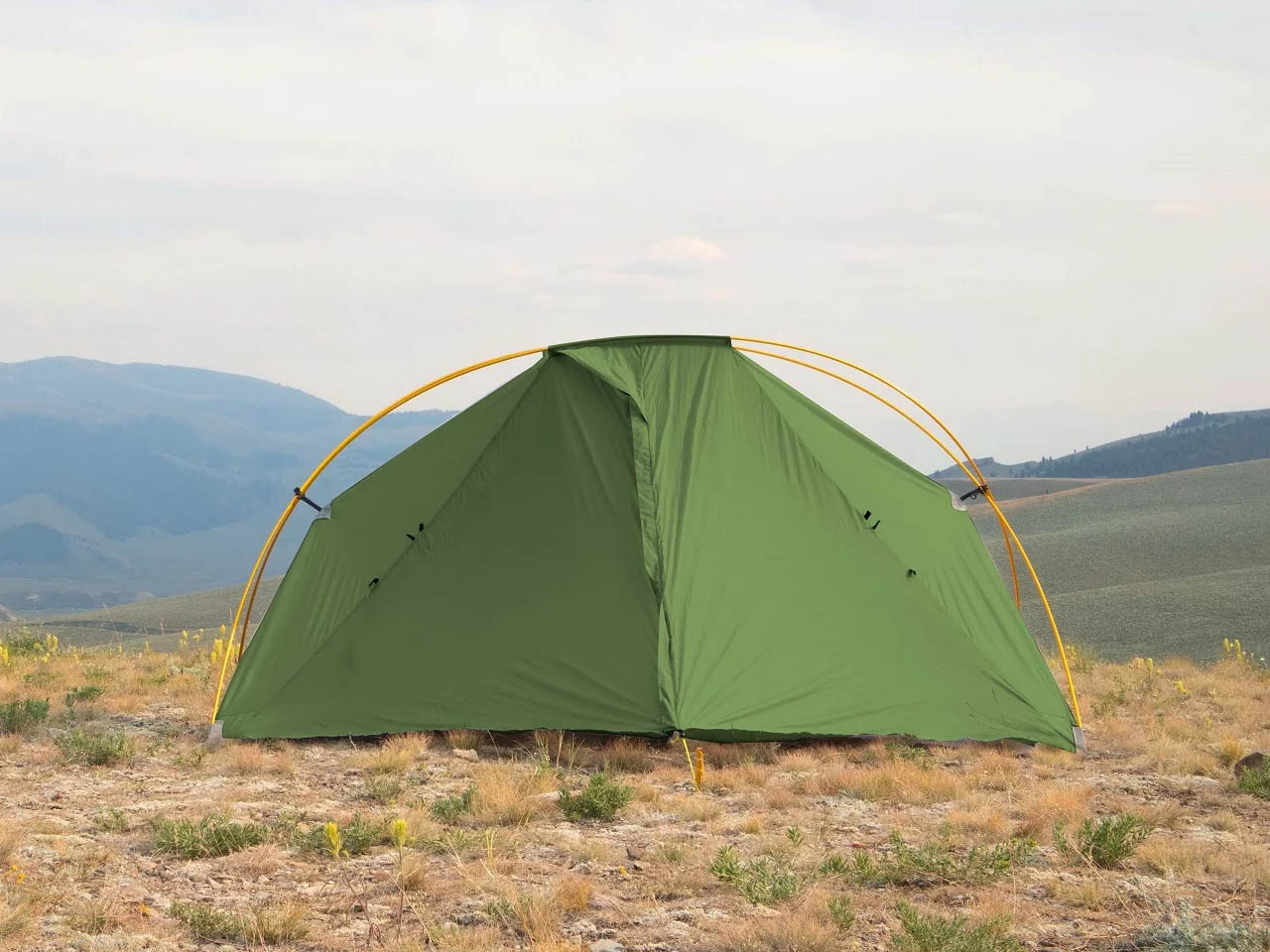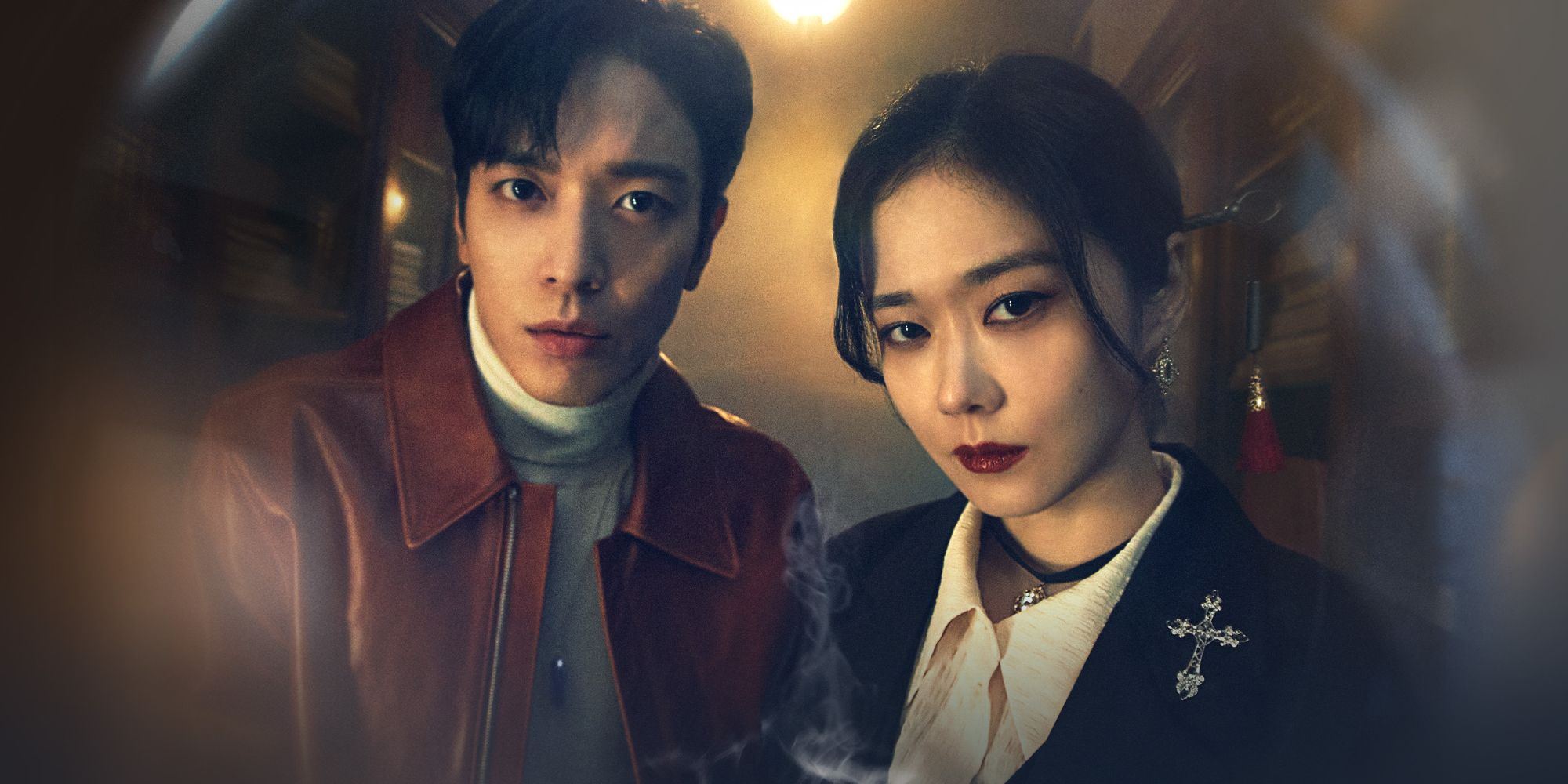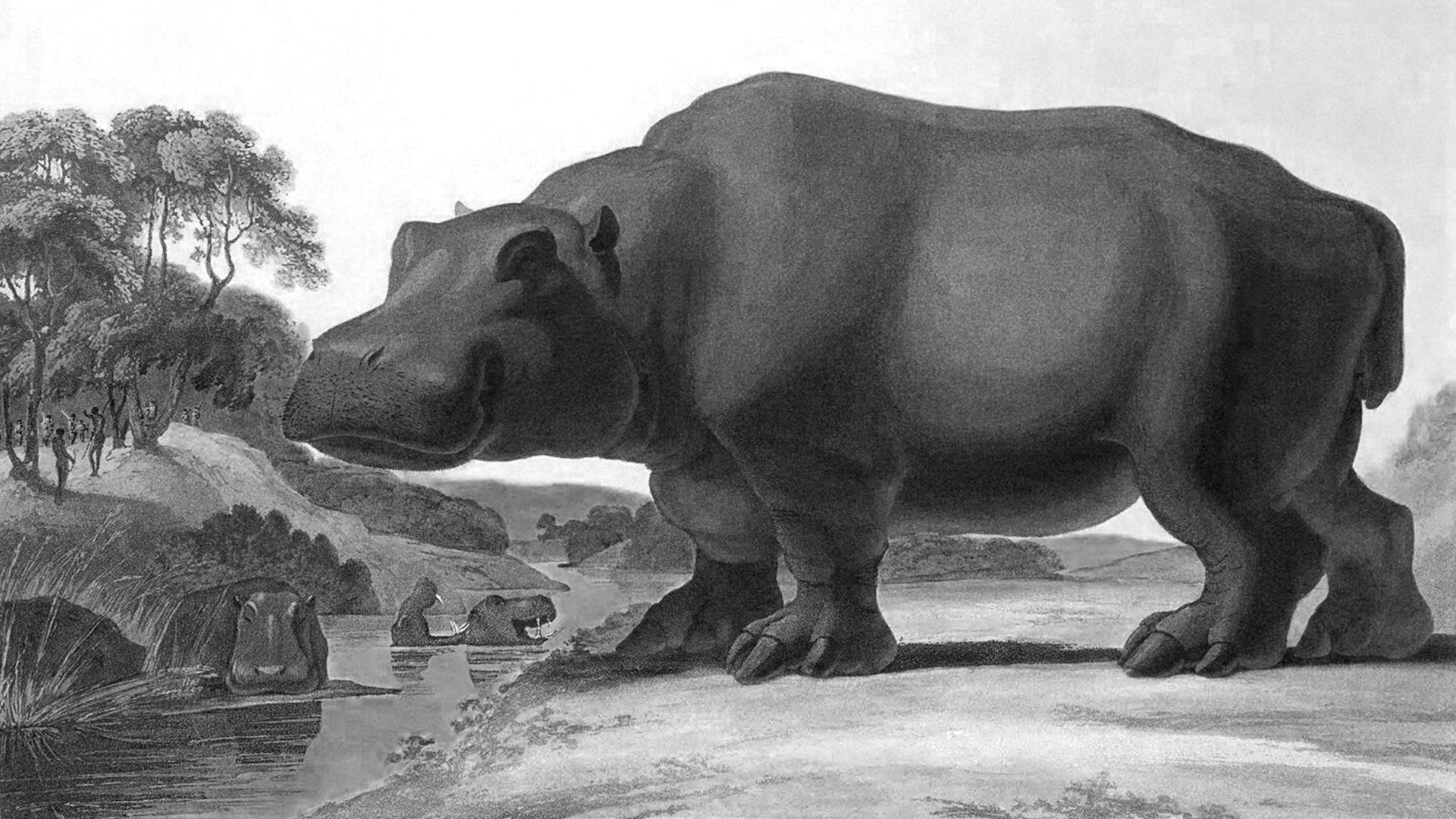David Lynch Gave Us One Of The Most Uniquely Thrilling Music Performances In TV History
showtime/merle cooper An ode to David Lynch and his love of music.
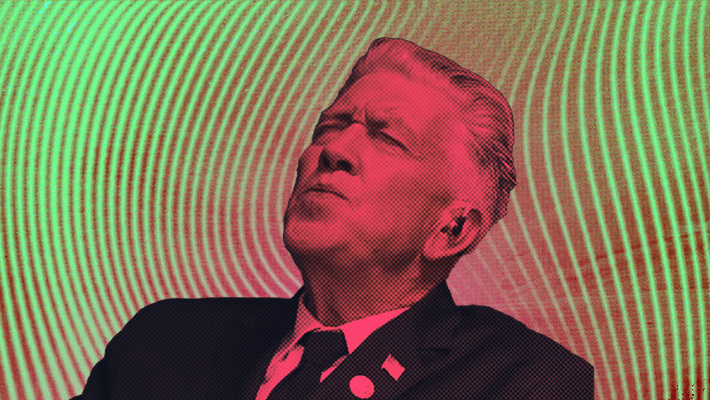

The best kind of television episodes aren’t the ones where you remember where you were when you watched them. They’re the ones where you remember how you felt watching them. I remember feeling horrified, mesmerized, and overwhelmed the first time I saw episode 8 of Twin Peaks: The Return, which turned out to be David Lynch’s final major work as a filmmaker.
But most of all, I — along with the other 246,000 viewers who tuned into Showtime on June 25, 2017 — was thrilled by what I was witnessing. Never more so than when “The” Nine Inch Nails took the stage at The Roadhouse.
Nearly every episode of Twin Peaks: The Return ended with a band or artist performing over the credits. Sharon Van Etten, Chromatics, Eddie Vedder introduced by his birth name (Edward Louis Severson), etc. But episode 8 — also known as “Gotta Light?” — shook things up by, well, it shook things up in a lot of ways (this is where I beg you to watch Twin Peaks: The Return), including having the musical guest show up around the 12-minute mark.
But before we get there, some context for the episode: it begins with Monroe, a scumbag criminal (who we later find out was an FBI informant), and Dale Cooper’s doppelgänger, a brutal version of our beloved Agent Dale Cooper with a much worse hairstyle, driving down a long, dark road lit only by the car headlights. There’s not much dialogue spoken between the two men, until the unease is broken by Monroe pulling over to take a leak. It’s part of his plan to get the drop on Evil Cooper, who he shoots multiple times. But before he can follow through on the death blow, mysterious, ethereal woodsmen begin to tear at his body, removing an orb containing Killer BOB’s sadistic face. This is all accomplished with muffled audio and barely present “ominous atmospheric music” (as the closed captioning on Paramount Plus reads).
Then after a quick check-in with a panicked Monroe driving away from the horror he’s just witnessed — BAM — it’s Nine Inch Nails time.
The build-up to the performance matters. Episode 8 lulls you into an eerie sense of foreboding before “The” Nine Inch Nails (which is how they’re introduced by the Roadhouse MC) come in like a jump scare. The group is clad in leather and moodily lit by a home projector. They sound sadistic performing “She’s Gone Away” from the then-new Not The Actual Events EP. Nine Inch Nails initially planned on doing another song for Twin Peaks: The Return, but according to frontman Trent Reznor, Lynch told them, “How about something less Twin Peaks-y sounding, and more aggressive and ugly.” (Try reading that in a David Lynch voice. It’s fun.) Atticus Ross recalls him adding, “Make my hair stand on end.”
They succeeded: “She’s Gone Away” is violent and lurching; as someone on the Nine Inch Nails subreddit put it, “This song [is] on a playlist of mine called ‘songs that make me shit myself in fear.’” It’s not the kind of song you typically hear on TV, but neither was the dreamy Twin Peaks theme song, composed by the brilliant Angelo Badalamenti, or “Sycamore Trees” performed by Jimmy Scott in the Red Room. Lynch was thoughtfully offbeat in his music choices, and a talented musician in his own right. But it’s episode 8 of Twin Peaks: The Return that crossed my mind first after hearing about his death.
Lynch was America’s preeminent chronicler of the rot underneath our shared White Picket Fence fantasy (he literally depicts the origin of evil in the scene following NIN’s performance, in fact) but that’s because he believed we could be so much better. “This world is supposed to be beautiful,” he said to People not long before his death. “We’re supposed to love each other as a family.” In another interview, Lynch told BBC Radio 3’s Sound of Cinema, “Even in the so-called dark things, there’s a beauty.”
Nine Inch Nails at the Roadhouse is dark, but the connection Lynch had with Reznor — who also produced the soundtrack for 1997’s Lost Highway — and the other musicians he worked with was beautiful. “Music,” he once said, “is a magic.” I genuinely believe he meant that. There was nothing ironic about David Lynch; he was as sincere and earnest as they come in Hollywood.
That’s what made the Nine Inch Nails performance so thrilling. It was raw. It was real. In other words, it was David Lynch.
What's Your Reaction?









